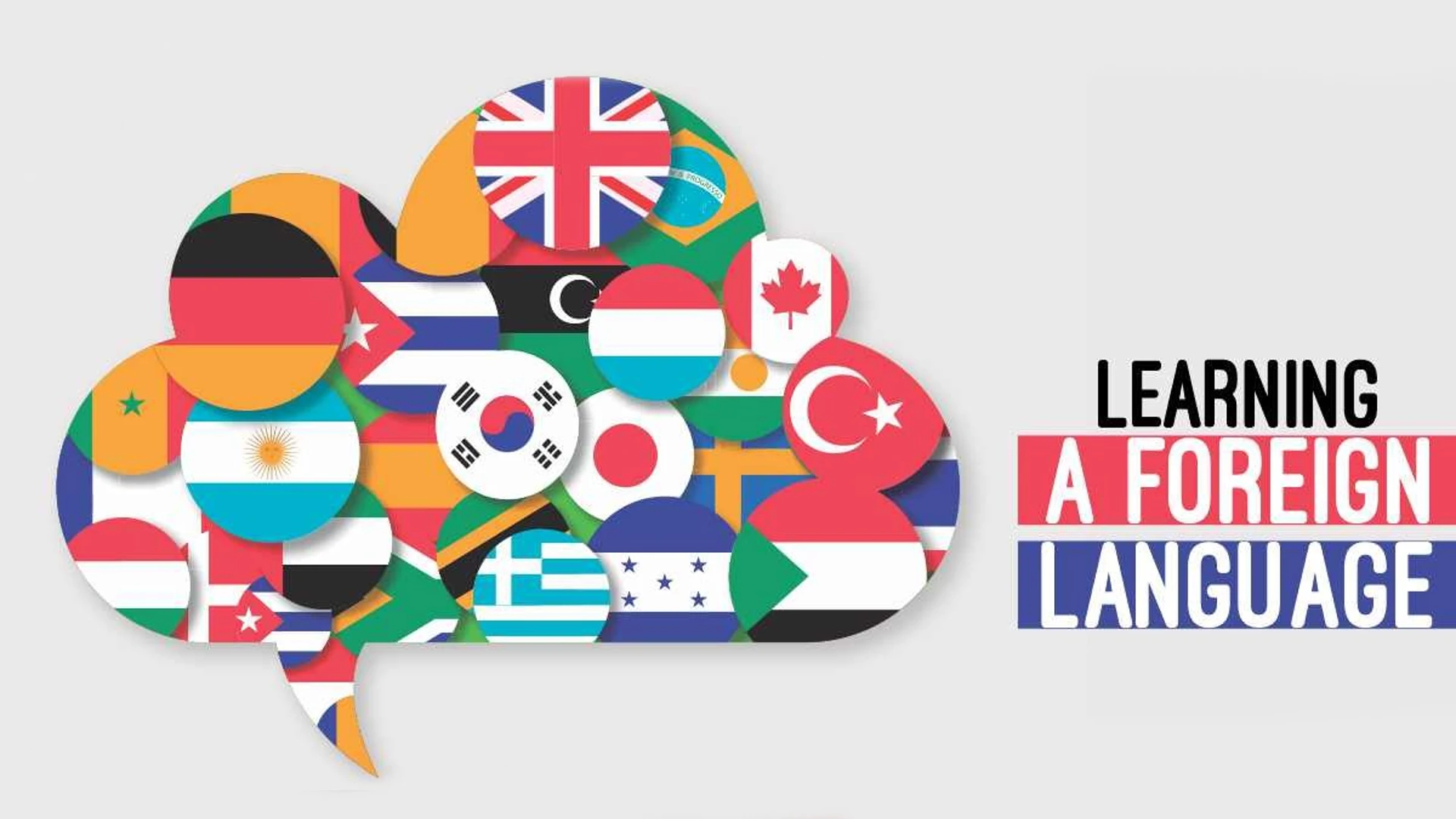You have saved and planned for months, and your dream trip to another country is just around the corner. You know you will enjoy the experience more if you can talk with people, order your own food and feel as though you fit in, but you don’t know how to speak the local language. You may wonder whether you are too old to learn the basics of a new language or whether you can afford to do so.
It turns out that there are many cost-effective ways to learn a new language, ranging from smartphone apps to traditional classes. As you explore your language learning options, look for opportunities to acquire a travel vocabulary. Focus on learning the words you would use when making introductions, asking for directions, getting around, ordering food and getting help.
Here are six ways to learn the basics of a new language before your trip begins.
This free language learning program is fun and easy to use, and you can work with Duolingo on your home computer or your smartphone. Short lessons help you learn to read, speak and listen to the language you are learning. Duolingo incorporates videogame technology to make learning a new language fun. High school and university language teachers incorporate Duolingo into their course requirements, but you can download and use this popular language learning program on your own.
Pimsleur Language Courses
Back in the days of cassette tapes and boom boxes, the Pimsleur® Method focused on the best ways to acquire a new language. Dr. Paul Pimsleur developed his language learning tapes after researching how children learn to express themselves. Today, Pimsleur language courses are available online, on CDs and via smartphone apps. While you can buy CDs and downloadable lessons from Pimsleur.com, you may be able to borrow Pimsleur CDs or cassette tapes for free from your local library.
BBC Language
The BBC offers basic courses in several languages, primarily those spoken in the British Isles, such as Welsh and Irish. BBC language learning opportunities also include essential words and phrases in 40 languages, including Mandarin, Finnish, Russian and Swedish.
 Local Classes
Local Classes
Community colleges routinely offer noncredit foreign language classes and conversation courses because many people want to learn the basics of another language. Fees vary but are usually less than $100 for a multi-week course.
Senior centers sometimes offer inexpensive foreign language classes. In Tallahassee, Florida, one local senior center charges just $3 per student for each classroom session of its French, German and Italian classes.
Churches and other community gathering places often get in on the act, too. For example, Baltimore, Maryland’s Reverend Oreste Pandola Adult Learning Centre has offered Italian language and culture classes for many years. Washington, DC’s Cathedral of Saint Matthew the Apostle offers free Spanish classes for adults. The Center for Life and Learning at Chicago’s Fourth Presbyterian Church presents French and Spanish classes for adults age 60 and up. Saint Rose Catholic Church in Girard, Ohio, hosts a 90-minute French for Travelers class as well as multi-week French courses.
Online Tutors and Conversation Partners
The Internet allows you to connect with people around the world. Language learners and tutors can now “meet” via Skype and online chats. You will find many websites that are dedicated to connecting tutors with language learners. For example, Italki connects students with foreign language teachers and tutors around the world. Fees vary.
Social language learning is quite popular. Websites connect language learners in different countries, allowing them to set up online conversations so that both participants can practice speaking and listening in the language they are studying. Busuu, Babbel and My Happy Planet are three of the most popular social language learning websites.
Language Learning Tips
Be patient with yourself. Learning a language takes time and practice. You may not be able to progress as quickly as a full-time student because of your other commitments, and that’s fine.
Practice speaking, either with another person or with a language learning app or program. Reading is helpful, but being able to carry on a simple conversation is more useful when you travel.
Relax and have fun. Your attempts to speak the local language will be welcomed and appreciated.
